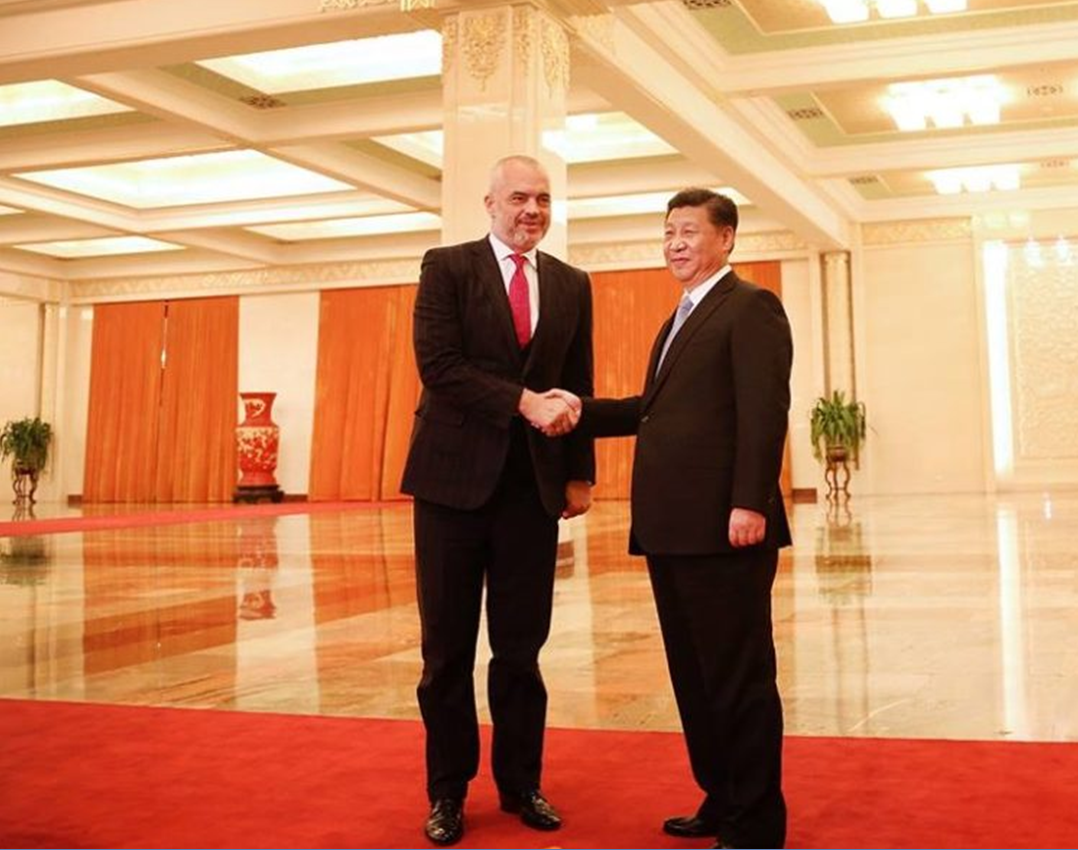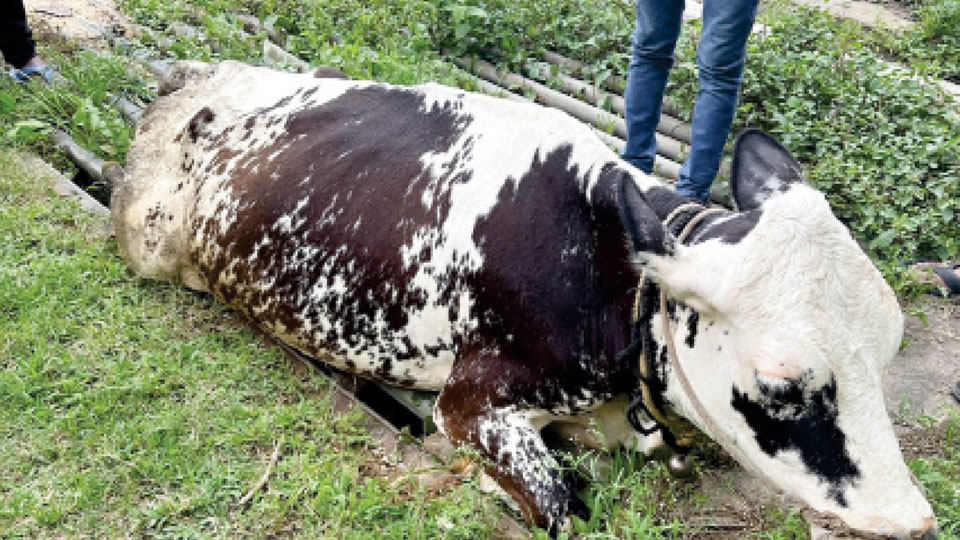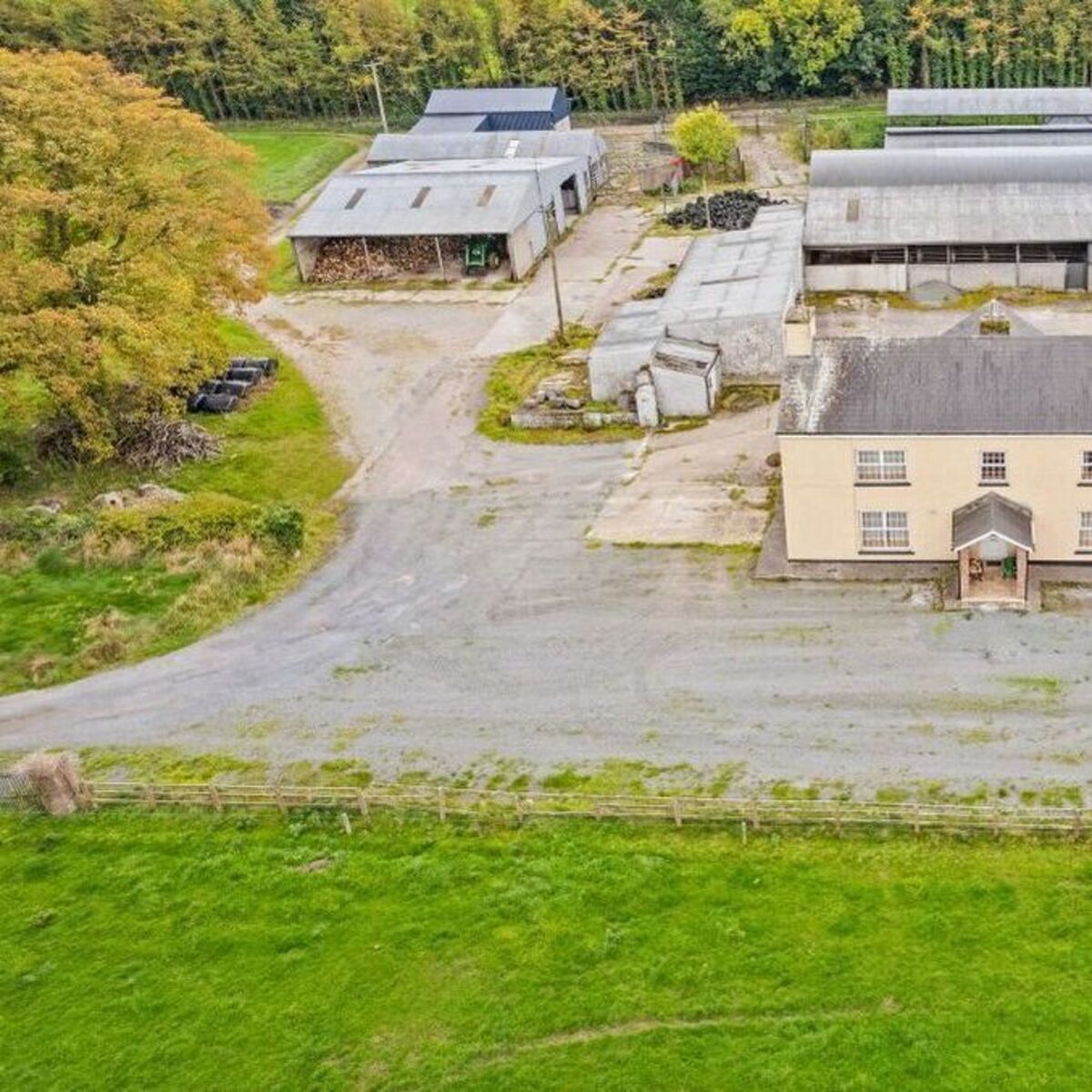Copyright tiranatimes

By Ambassador Fatmir Çela Diplomacy has always been the lifeline of small nations, and Albania is no exception. From Fan Noli’s influence in Washington to the decisive interventions of diplomats in 1913, Albania’s survival and recognition have often depended less on force and more on skillful negotiation and credibility. For a country of modest size and resources, diplomacy has been more than an instrument of foreign policy; it has been an existential condition. In today’s international system, where the competition of great powers is reshaping global alignments, the role of diplomacy for small states remains as vital as ever. China occupies a central place in this global order, not only as a permanent member of the United Nations Security Council but also as the second largest economy in the world. For many countries, including aspirants like Kosovo, Beijing’s position can make the difference between recognition and isolation. Unlike Russia, which openly blocks Kosovo’s membership in the UN as part of its alliance with Serbia, China has preferred a more reserved stance. Its policy in the Balkans has been guided less by direct geopolitical interests and more by broader principles of sovereignty, consistency with its stance on separatist regions, and the long-term projection of its influence. In this context, the views of Professor Jeffrey Sachs, one of the world’s most respected economists and advisors to several UN Secretaries-General, offer an important perspective. Professor Sachs, a distinguished scholar at Columbia University, has been a counselor to global leaders from Mikhail Gorbachev to senior U.S. policymakers, and remains one of the most sought-after voices in international economic policy. In a recent interview regarding China–U.S. relations, Sachs stated that “China is not a threat.” To those in the West who still misinterpret China, he advises: “Go and visit China. Visit its economic development, visit Beijing, Shanghai, Guangzhou, Tianjin and you will see with your own eyes what is happening economically in that country.” He further notes that even a single Chinese province such as Shanxi, with a population of 37 million modest by Chinese standards leads the world in steel production, generating over 20 billion dollars in annual profits. Beyond steel, Shanxi and other provinces hold global records across various industrial sectors, including pioneering efforts in the green economy, an area in which much of the world is still struggling to advance. Sachs emphasizes that “economic competition between superpowers is normal, but it should not be translated into threats for smaller states.” He points out that the U.S.–China rivalry remains primarily economic, not political or military: “The U.S. Department of State has never declared China an enemy or part of any ‘axis of evil,’ and Beijing, in turn, has issued no official statements hostile to Washington. On the contrary, Chinese officials often affirm that political relations with the United States remain satisfactory.” This interpretation grounded in economic realism rather than ideological confrontation — underscores a crucial point for small states like Albania and Kosovo. Western analysts such as Sachs remind us that the world’s great rivalries can coexist with mutual respect and economic interdependence. The lesson is clear: these global tensions need not translate into rigid alignments or diplomatic hostility from smaller nations. Albania’s relations with China have been marked by radical turns. From the alliance of the 1960s and 1970s, when Tirana and Beijing forged an ideological partnership that shaped the country’s trajectory for nearly two decades, to the abrupt rupture of 1978 and the long diplomatic freeze that followed, relations have only slowly normalized in the post-1990 period. Today the relationship is pragmatic. Economically, trade is heavily asymmetrical, dominated by Chinese exports that supply Albanian markets. Yet China has expressed interest in Albania as part of its Belt and Road Initiative, and Prime Minister Edi Rama has shown willingness to maintain dialogue, participating in cultural initiatives and avoiding the language of confrontation. This approach mirrors the European model: firm strategic alignment with NATO and the EU, combined with pragmatic cooperation with Beijing. Kosovo, by contrast, has sometimes displayed a rhetoric that risks narrowing its own diplomatic maneuvering space. Labeling China, alongside Russia and Iran, as part of a “triangle of evil” only adds unnecessary difficulties. With Russia already wielding its veto in the Security Council, antagonizing China as well would only deepen the deadlock. For Kosovo, the priority should not be to multiply adversaries but to reduce them, or at the very least not to create additional ones through political declarations. Pragmatism and caution are essential if Pristina hopes to secure incremental gains in international recognition and eventual membership in the UN. The lesson for both Albania and Kosovo is clear: emotional or maximalist positions do not serve national interests. What is needed instead is a realistic and balanced foreign policy. Albania’s measured approach, which maintains strong Euro-Atlantic commitments while cultivating constructive dialogue with Beijing, offers a useful template. Kosovo, too, must adopt a more careful and pragmatic diplomacy if it wishes to preserve options for the future. In a world increasingly shaped by the rivalry of great powers, small states like Albania and Kosovo cannot afford to be trapped in zero-sum logic. The European model shows the way: Atlantic security, European integration, and pragmatic economic engagement with China. This is the path to safeguarding national interests, ensuring stability, and preserving diplomatic flexibility in an international arena where balance is often the true measure of strength.



